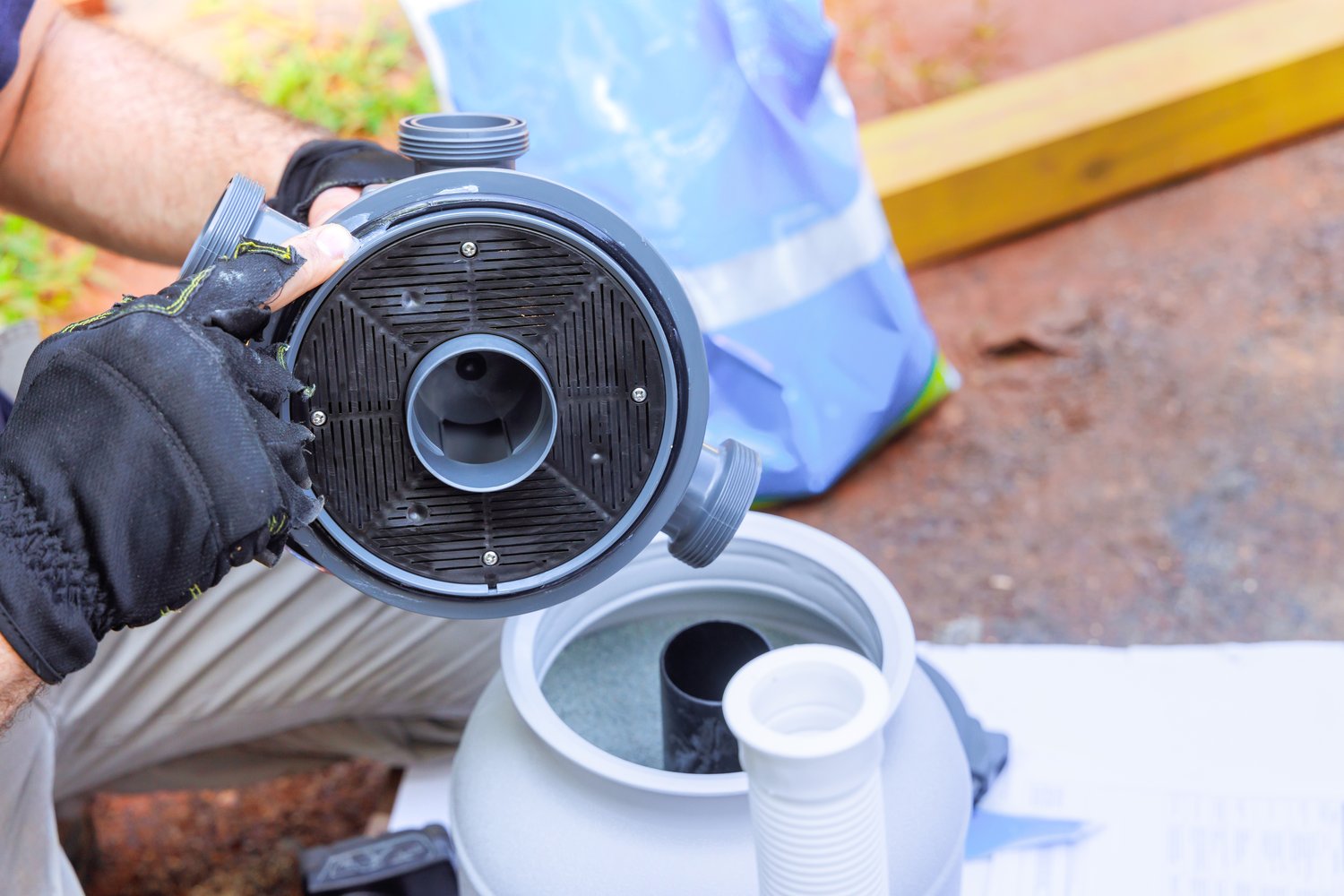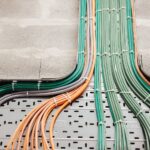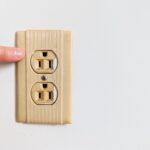When the lazy days of summer roll around, the last thing you want to worry about is a malfunctioning pool pump disrupting your pool’s cleanliness and enjoyment. Understanding and addressing pool pump issues can save you time, money, and stress, ensuring your pool remains the perfect place for relaxation. Let’s dive into some common problems and their DIY solutions to keep your pool pump in prime condition.
- Uncover the typical signs that indicate your pool pump might be in trouble, from strange noises to inadequate water circulation.
- Find practical steps to pinpoint and fix leaks within your pool pump system, maintaining efficient operation.
- Discover maintenance practices that can prevent common pump problems and extend the lifespan of your equipment.
By the end of this guide, you’ll be equipped with the knowledge to handle common pool pump challenges, helping you enjoy a crystal-clear pool with minimal downtime and effort.
Identifying Common Pool Pump Problems: DIY Troubleshooting Guide for Homeowners
Pool pumps are essential for maintaining clean and clear swimming pools. However, they are not immune to issues that can disrupt their functionality. Recognizing the typical signs of pool pump problems is crucial for timely intervention and repair.
One of the most obvious indications of pump trouble is unusual noises emanating from the pump. These could range from grinding or screeching sounds, typically hinting at bearing problems, to a loud humming noise, which may suggest a capacitor issue.
Leaks in the pump system are another common problem. Leaks can lead to water wastage and may affect the pump’s efficiency. It’s essential to regularly inspect seals, gaskets, and connections to identify potential leak sources.
Poor water circulation is another indicator of pump issues. This may be due to blockages in the pump basket or filter, hindering water flow. Inspect these components regularly to maintain optimal water circulation.
Understanding these symptoms not only helps in diagnosing the problem but also sheds light on possible causes, enabling homeowners to address issues effectively and ensuring a longer lifespan for their pool pumps.
Resolving Leaks in Pool Pump Systems
Leakage in pool pump systems is a prevalent and often frustrating issue for pool owners. Fortunately, with some basic tools and patience, you can resolve many of these issues yourself.
The first step is identifying the leak’s source. Start by examining the seals and gaskets. These are common culprits for leaks, often due to wear and tear or improper installation.
Look for wet spots beneath the pump or visible drips. Once you find the source, turn off the power to the pump and relieve any pressure in the system before proceeding with repairs.
For minor leaks at seals or connections, applying waterproof silicon sealant can offer a temporary fix. However, replacing worn-out seals and gaskets is a more durable solution.
Remember to check all connections, including pipe fittings and clamps, for tightness. Loose fittings can also contribute to leaks and should be tightened as needed.
By following these DIY steps, you can effectively manage leaks in your pool pump system, enhancing your pool’s performance and minimizing water loss.
Maintaining Your Equipment: Common Pool Pump Problems Guide
Regular maintenance is key to preventing common pool pump problems and ensuring your equipment runs smoothly for years to come. Understanding the best maintenance practices can not only save you from costly repairs but also enhance the efficiency of your pool pump.
Best Maintenance Practices for Pool Pumps
Adopting a consistent routine when it comes to pool pump maintenance can prevent common issues like leaks, blockages, and motor failure. Here are some essential practices to integrate into your regular schedule:
- Inspect and Clean the Pump Basket: Regularly check the pump basket for debris and build-up that could obstruct water flow. Cleaning this component helps maintain optimal performance.
- Check and Tighten Fittings: Ensure all connections and fittings are secured tightly to prevent leaks. Loose fittings can diminish the pump’s efficiency and cause leaks.
- Lubricate O-Rings and Seals: Keeping the O-rings and seals well-lubricated is crucial to preventing water leaks and ensuring your pump remains airtight.
- Monitor Water Pressure: Keep an eye on the water pressure to catch any irregularities early. High pressure might indicate blockages, whereas low pressure could suggest leaks or pump inefficiency.
Benefits of Regular Inspections and Cleaning
Routine inspections and cleaning are vital for prolonging the life of your pool pump. By incorporating these practices, you can significantly reduce the chances of encountering issues like clogs, leaks, and worn-out motor parts.
Performing regular inspections allows you to catch potential problems early. This proactive approach minimizes downtime and allows you to enjoy a hassle-free swimming experience.
Routine cleaning helps remove dirt, leaves, and other debris that could damage the pump’s components over time. Keeping filters clean also ensures better water quality, promoting a healthier swimming environment.
By consistently keeping your equipment in check, you not only save on maintenance costs but also ensure that your pool system remains efficient and reliable. Incorporate these maintenance practices into your routine and empower yourself to effectively manage your pool pump system.
Frequently Asked Questions about Pool Pump Problems
How can I tell if my pool pump is leaking?
Signs of a leak include visible water pooling around the pump, reduced water pressure, or a wet floor under the equipment. Inspect seals and connections for drips.
What causes unusual noises in my pool pump?
Unusual noises could be due to debris in the pump, worn-out bearings, or cavitation caused by air trapped in the system. Check and clean filters and impellers.
How do I improve poor water circulation?
Ensure filters are clean, check for blockages in pipes, and confirm the pump is operating at the right speed and pressure level.
Why does my pool pump keep shutting off?
This may be due to overheating, electrical issues, or a clogged filter. Allow the pump to cool down, inspect electrical connections, and clean the filter.
What maintenance can prevent pool pump problems?
Regularly inspect and tighten all connections, clean filters and impellers, and monitor for any signs of wear or leaks.





